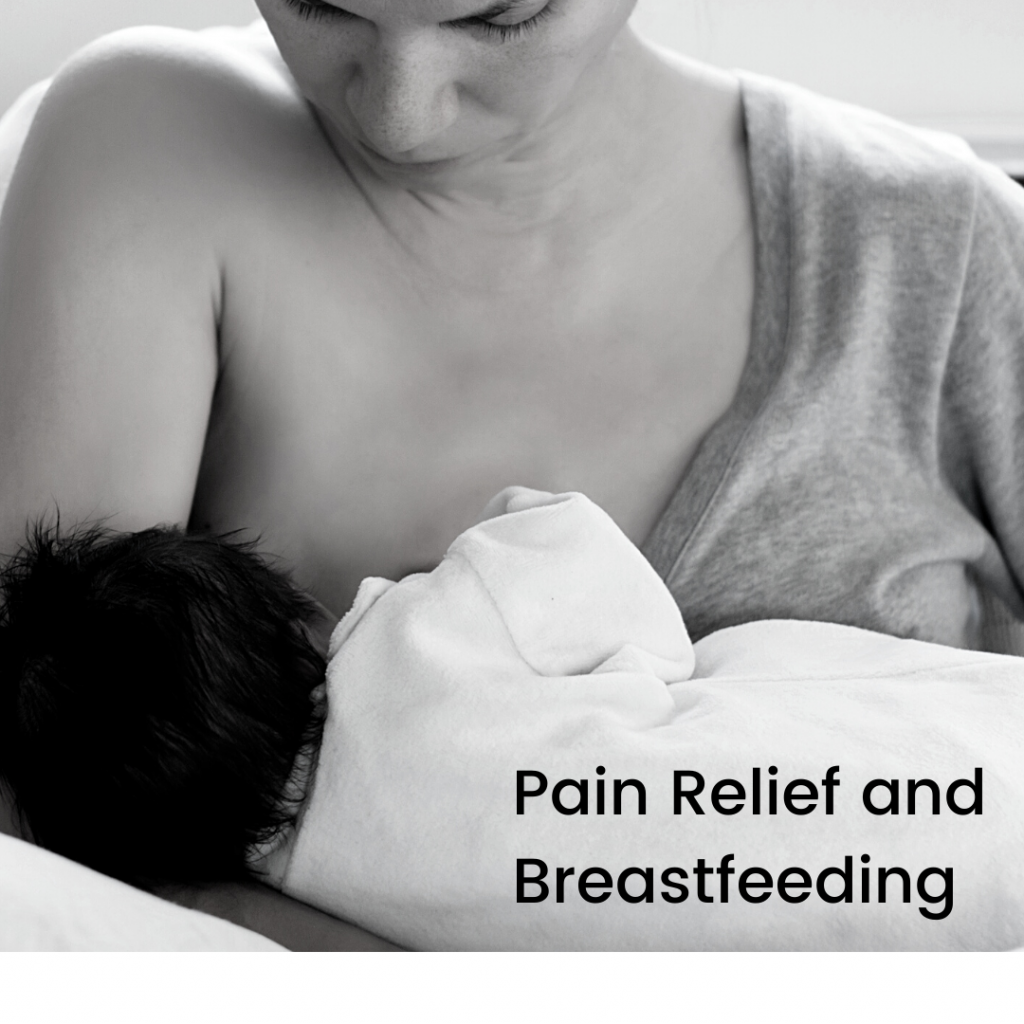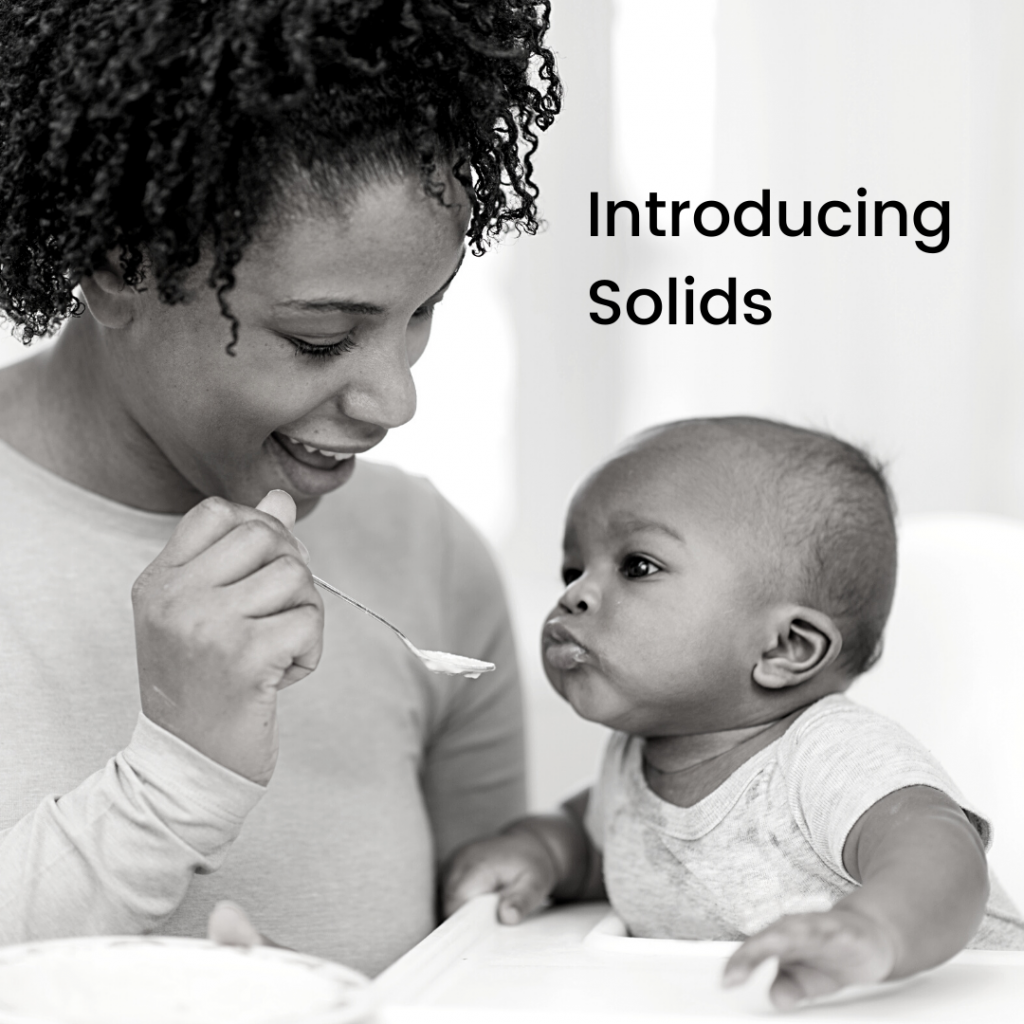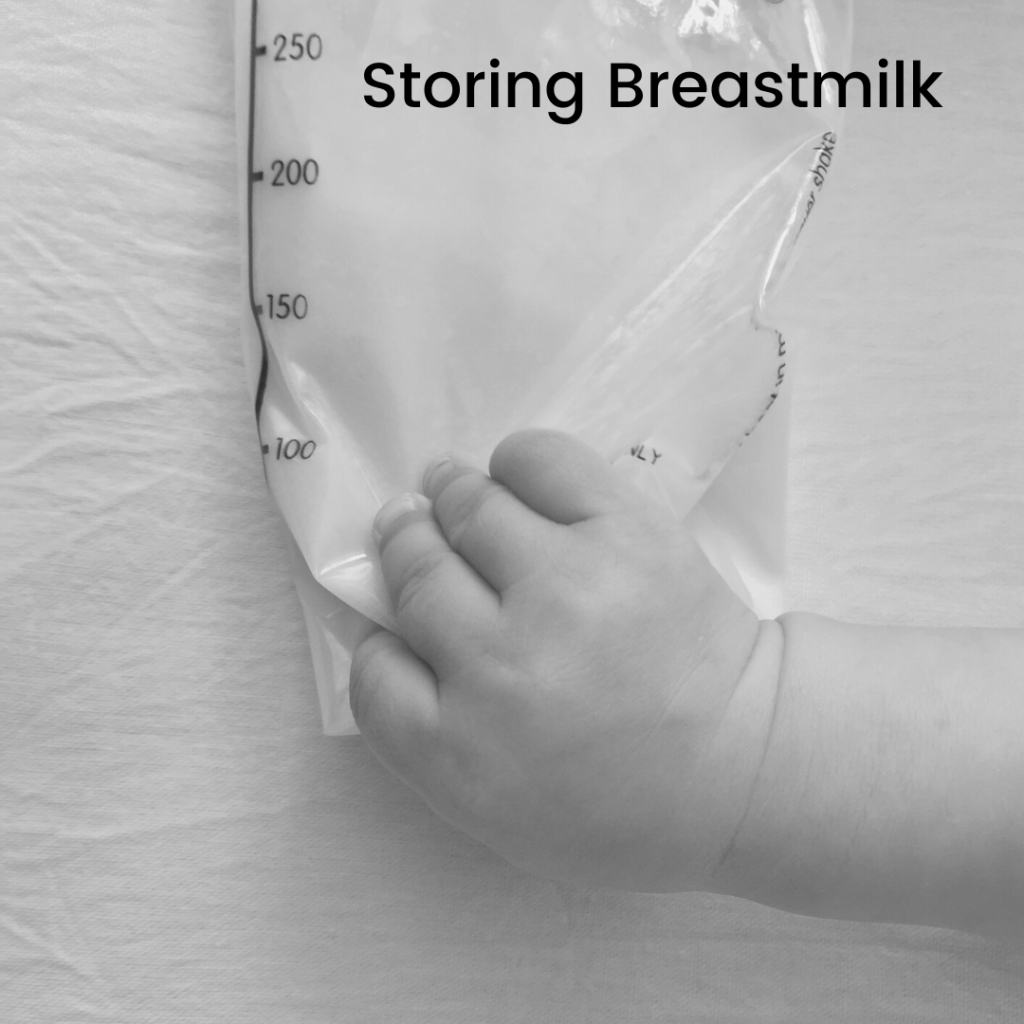Here’s our condensed guide to storing breast milk. We hope it covers all the basics and any common questions and concerns.
Pain Relief and Breastfeeding

After giving birth, no matter what happened during your labour, you may find you feel some pain. If you are breastfeeding, the Drugs In Breastmilk Information Service has lots of useful, evidence based resources on the types of pain relief you can take. For full details, please see the link below or search “Drugs in Breastmilk” and look for the Breastfeeding Network page.
“Paracetamol and Ibuprofen form the basis for safe analgesics for breastfeeding mothers”
They also have lots of other factsheets on a range of different medications. If in doubt, you can look them up yourself or signpost your healthcare professional to the information.
Introducing Solids…

Starting solid food with your baby can be a really exciting time, sharing your favourite meals and tastes as a family. But how do you know when it’s time to begin weaning?
There are 3 clear signs, which, when they appear together from around 6 months of age, show your baby is ready for their first solid foods alongside breast milk or first infant formula.
They’ll be able to:
❤ stay in a sitting position and hold their head steady
❤ co-ordinate their eyes, hands and mouth so they can look at the food, pick it up and put it in their mouth by themselves
❤ swallow food (rather than spit it back out)
These other behaviours are very normal for babies and do not mean they are ready to start solid foods: chewing their fists; waking up in the night (more than usual); wanting extra milk feeds. Try increasing baby’s milk feeds if you think they are hungry before starting solid foods if the 3 signs above aren’t showing yet.
Starting solid foods will not make your baby any more likely to sleep through the night.
If you’re not sure, or you have any questions about starting solids, get in touch with your health visitor, or check out this useful resource:
https://www.unicef.org.uk/babyfriendly/wp-content/uploads/sites/2/2008/02/Start4Life-Introducing-Solid-Foods-2015.pdf
Sicky Babies

When babies are first born, and in those early weeks, it is very common for them to bring up milk – their digestive system is still getting used to working in the world!
Why does it happen?
In the first year of life the muscle at the top of your baby’s stomach is still developing and may allow milk and acid to come back up in the form of a ‘posset’ or ‘spit up’. It is common in the first three months and normally stops by the time they are one year old.
In most babies, sick is nothing to worry about (as long as they are healthy and gaining weight as expected) although you may be finding it quite a large laundry problem!
Some babies may cry or seem irritable, or have hiccups/coughs – while it is hard for us as parents to see this, sick still generally doesn’t need medical investigation. Sometimes positioning and attachment support with breast/bottle feeding can be helpful.
In some rare cases a baby will be diagnosed with GORD (gastro-oesophageal reflux disease). If you feel like your baby is being sick very often, is in pain and unsettled after feeding and is not gaining weight as expected contact your GP.
Links:
https://www.nhs.uk/start4life/baby/breastfeeding/breastfeeding-challenges/reflux/
https://abm.me.uk/breastfeeding-information/reflux/

